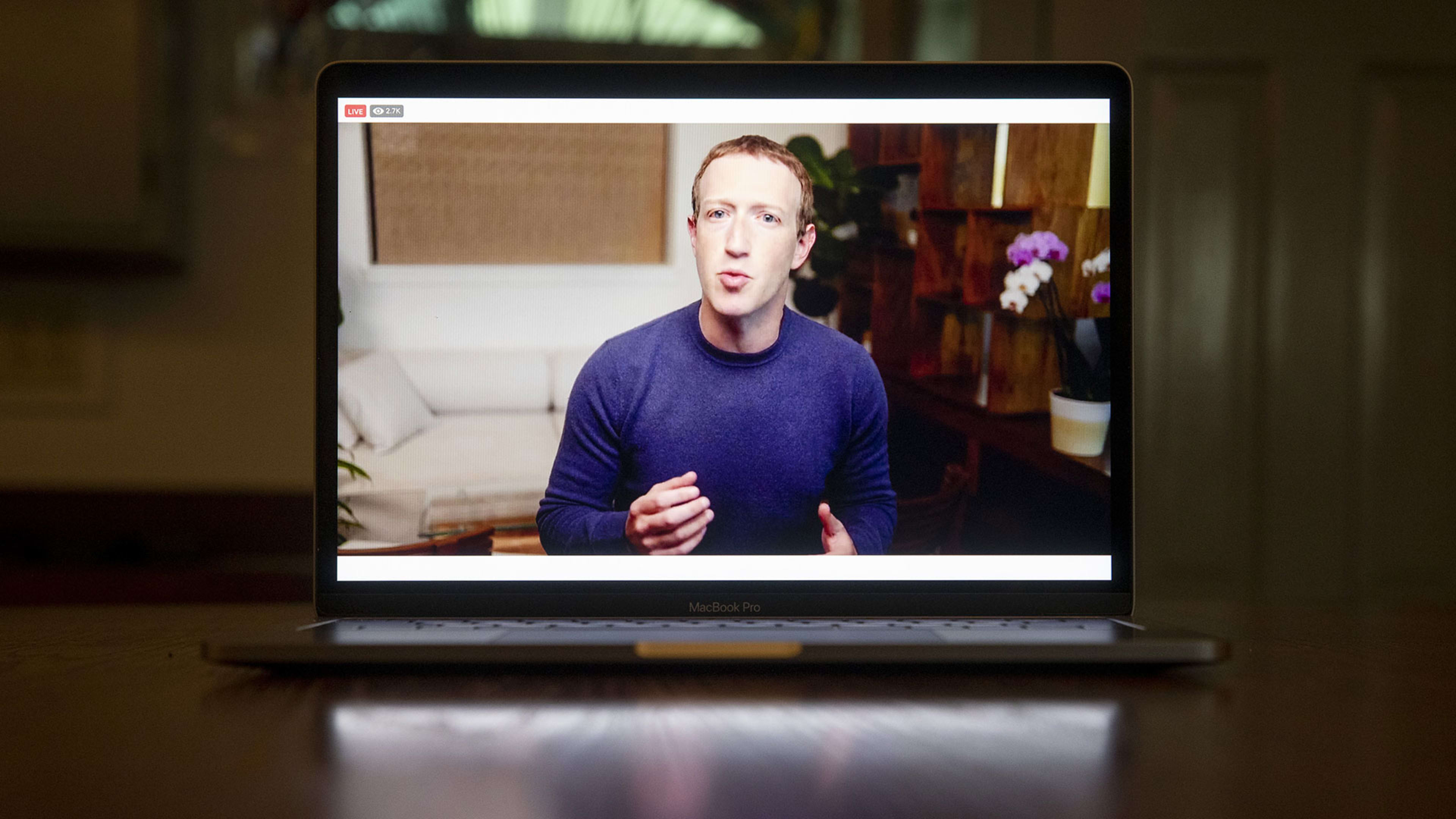Steve Jobs is one of, if not the, best-ever example of a company executive who doubled as marketing spokesperson. The black turtleneck, the jeans, the understated but infectious enthusiasm and drive—all became synonymous with the Apple brand. It’s an ideal that many executives and company founders have been chasing, long before Jobs’ death in 2011. Today, in 2021, we find ourselves in an era of the celebrity founder, in which people already famous for their winning personalities, such as Rihanna, Ryan Reynolds, and Dwayne Johnson, aren’t just brand ambassadors but they’re also owners tying their million-dollar personas to their brands.
Now, scroll through the feed of other executives who are also the face of their brands. There’s Elon Musk, of course, but much of his work takes place via Twitter and not video. There’s the high stagecraft of Jeff Bezos, but much of that has been in service of his personal brand, or Blue Origin, rather than Amazon. So keep scrolling . . . scrolling . . . and eventually you’ll land on Mark Zuckerberg.
You don’t need an Oculus headset to see that contrast when Zuckerberg hosted the Meta rebrand infomercial. He and a group of executives—who must not be able to tell Zuckerberg that his affect on video isn’t necessarily what most people find engaging or endearing—walk viewers through endless demonstrations of how Zuckerberg and his company see the future of technology shaping our lives. It’s all delivered via the kind of completely natural conversations that humans have with one another and peppered with easter eggs to Zuckerberg’s most meme-worthy, Sweet Baby Ray’s moments.
This kind of charismatic tour-de-force popped up again this week, when Zuckerberg posted a video of himself trying on an experimental haptic glove, which allows users to “feel” things in the metaverse as if they were physical objects. In the 45-second clip he says two words: “Fist bump.” Um, no thanks, Mark, we’re good.
No wonder Iceland hilariously parodied his Meta approach, with a lookalike pitching his ideas for “a revolutionary approach on how to connect our world, without being super weird.”
This isn’t about Zuckerberg’s personality, which is obviously subjective. At a time when Facebook has recast its path forward with its rebrand as Meta—a move inescapably tied to eliding the laundry list of controversies dogging the Facebook name—sticking with its founder as the primary face (and voice) of the new company means that everyone still sees Facebook, never mind that the word Meta is peeking over his shoulder.
“You’re changing the name, not the perception if he’s still at the head of it,” says Vann Graves, executive director of VCU’s Brandcenter. “Mark Zuckerberg is his own brand, and it’s inextricably linked to Facebook. That links him to Cambridge Analytica, the 2020 election, the recent WSJ reports. So if you add this new layer of Meta, that’s great, but it only fixes the Facebook part of it and doesn’t address the Zuckerberg brand part. This was a huge opportunity that may have been missed on reframing that for Facebook, now Meta.”
One thing that makes Big Tech unique among major corporations is just how closely the brand images of so many companies are tied to their founders and chief executives. Amazon and Bezos. Apple and Jobs. Tesla and Musk. Twitter and Jack Dorsey. And of course, Facebook and Zuckerberg. It makes sense, because for many of these leaders, they had their visions long before their products and companies became ubiquitous. Everyday people are interested in the lives and opinions of Big Tech leaders in a way they just aren’t in, say, the CEO of Visa (sorry, Mr. Kelly).
Graves says that people’s changing attitudes toward brands, particularly post-2020, means that they expect more than a good product and brand, but also a company they can respect. “He’s a young CEO who created something amazing, and for some people that’s enough,” says Graves. “But with the changing attitudes of consumers, the concerns from parents about their kids, there’s now an expectation of responsibility. And that’s why I think they missed an opportunity.”
Leaders are great spokespeople when they add a beating heart behind the logo. Their humanity, their character, becomes intertwined with the company and what it stands for, giving people a face with which to associate their emotional connection to the brand.
For Zuckerberg and Meta, that may be the problem. It’s his face, and the emotion is anger.
Recognize your brand’s excellence by applying to this year’s Brands That Matter Awards before the early-rate deadline, May 3.
